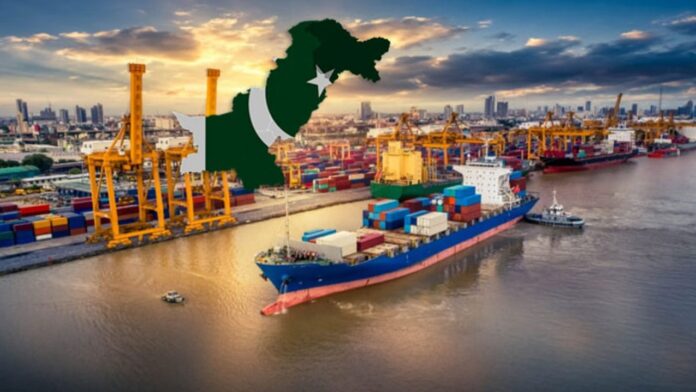Russia shows a lack of enthusiasm to finalize a long-term commercial oil export agreement with Pakistan under the condition of a $60 per barrel price cap, according to officials.
The European Union and the United States implemented the cap in December 2022 to exert pressure on Moscow and restrict revenue flows related to its actions in Ukraine. While Washington has approved Pakistan’s oil deal within the set price ceiling, Moscow has rejected the cap.
Pakistan initially aimed for a government-to-government contract in October but pivoted to allow Pakistan Refinery Limited (PRL) to secure a crude purchase agreement on a commercial basis. Despite facing challenges, PRL successfully imported 100,000 tons of Russian Urals crude, making a profit on the transaction.
The government’s decision to negotiate a long-term oil supply pact with Russia within the $60 per barrel price cap remains unfulfilled as commercial negotiations reveal Russia’s reluctance to enter such agreements at the stipulated price.
To address the impasse, a Russian delegation is scheduled to meet key Pakistani officials, but challenges persist. Concerns have been raised about Russia’s willingness to cover future freight charges, potentially impacting the viability of the deal.
While experts highlight the potential benefits of regular imports of Russian crude oil, uncertainties linger regarding Russia’s compliance with the imposed price cap.
The trial import, processed by PRL at a cost $7 per barrel, showcased the potential advantages of incorporating Russian crude into Pakistan’s oil supply.
Russian crude is known to yield 32 percent high-speed diesel (HSD) and 50 percent furnace oil, providing different proportions than Arabian Light crude.





As of my last update in January 2022, discussions regarding an oil deal between Russia and Pakistan had encountered a stalemate due to disagreements over pricing. Pakistan reportedly proposed a price cap of $60 per barrel, but Moscow rejected this proposal.
As of today’s latest news, the European Union and the United States reportedly reached an agreement in December 2022 to impose a price cap of $60 per barrel on Russian crude supplies. This decision is part of an effort to exert pressure on Moscow and disrupt revenue streams linked to its actions in the conflict in Ukraine. The imposed cap also serves the purpose of guaranteeing a steady supply of crude oil and preventing potential shortages in fuel across global markets.